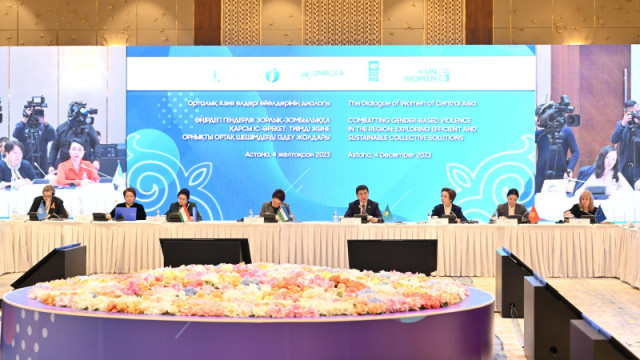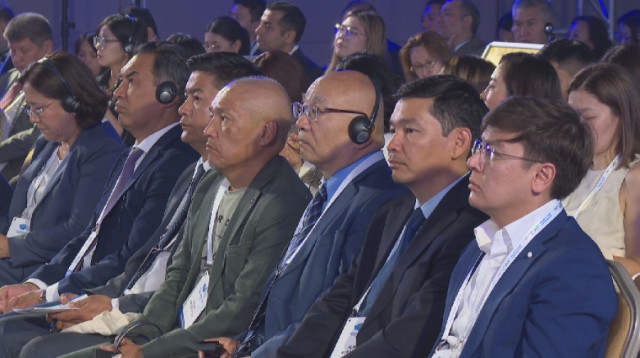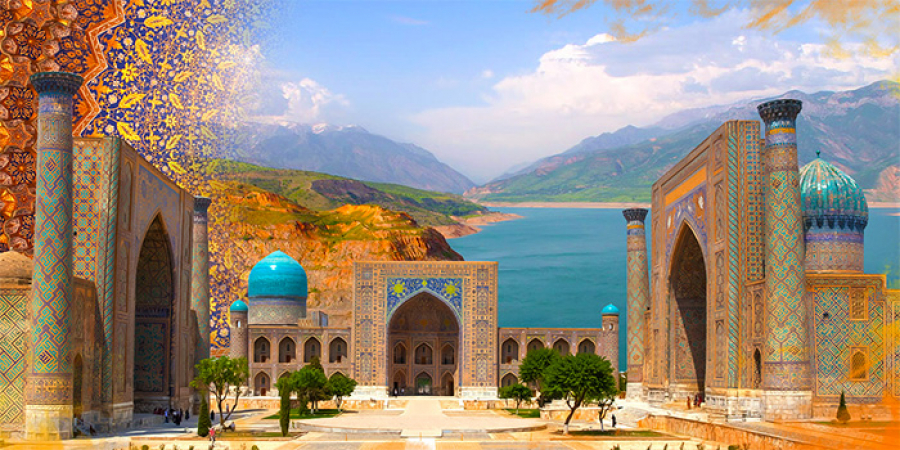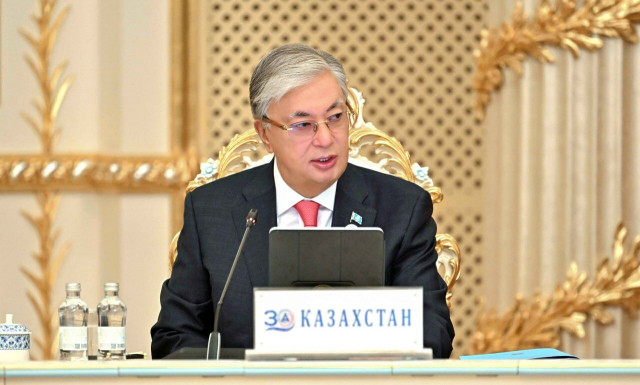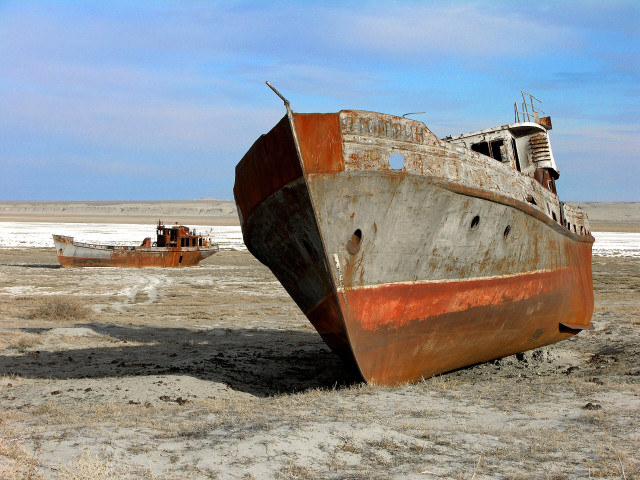
In 2024, Kazakhstan began its
chairmanship of the International Fund for Saving the Aral Sea (IFAS), a role
set to extend for three years. Throughout this period, the country aims to
deepen cooperation with Central Asian states, as well as with other
international organizations and financial institutions, in addressing the
environmental challenges of the Aral Sea. Thus, there are plans to jointly
implement scientific and practical programs and projects, with a focus not only
on saving the Aral Sea but also on mitigating the negative impact on the entire
region, ensuring stability, and fostering sustainable development in Central
Asia. It is worth noting that over the last 30 years, the IFAS has successfully
implemented three Aral Sea Basin Programs and 400 projects, with 80 percent of
them proving to be effective.
“Kazakhstan, Kyrgyzstan,
Tajikistan, Turkmenistan, and Uzbekistan - all five countries were actively
involved in the projects. The fourth program was developed taking into account
the shortcomings of previously implemented projects. Currently, the emphasis is
placed on regional aspects,” said Marat Narbayev, spokesperson for the Executive
Board of the IFAS in Kazakhstan.
Kazakhstan is set to commence the
second phase of the project for preserving the Northern Aral Sea in
collaboration with the World Bank. Additionally, during its chairmanship, the
country intends to create a water and energy consortium, combining a unified
energy system and an interstate water management commission. According to
experts, this will effectively address issues in the fields of energy and water
management in Central Asia.
“In 2021, the Aral Sea Basin
Program-4 (ASBP-4) was adopted. It focuses on projects in four areas, including
a comprehensive water resource utilization, improvement of cooperation
mechanism, as well as environmental and socio-economic areas. The program
encompasses 24 regional and 34 national projects. Throughout its chairmanship,
Kazakhstan will make every effort to ensure the timely and efficient
implementation of these projects,” said ¤Mussilim Zhienbayev, spokesperson for
the Kazakh Ministry of Water Resources and Irrigation.



